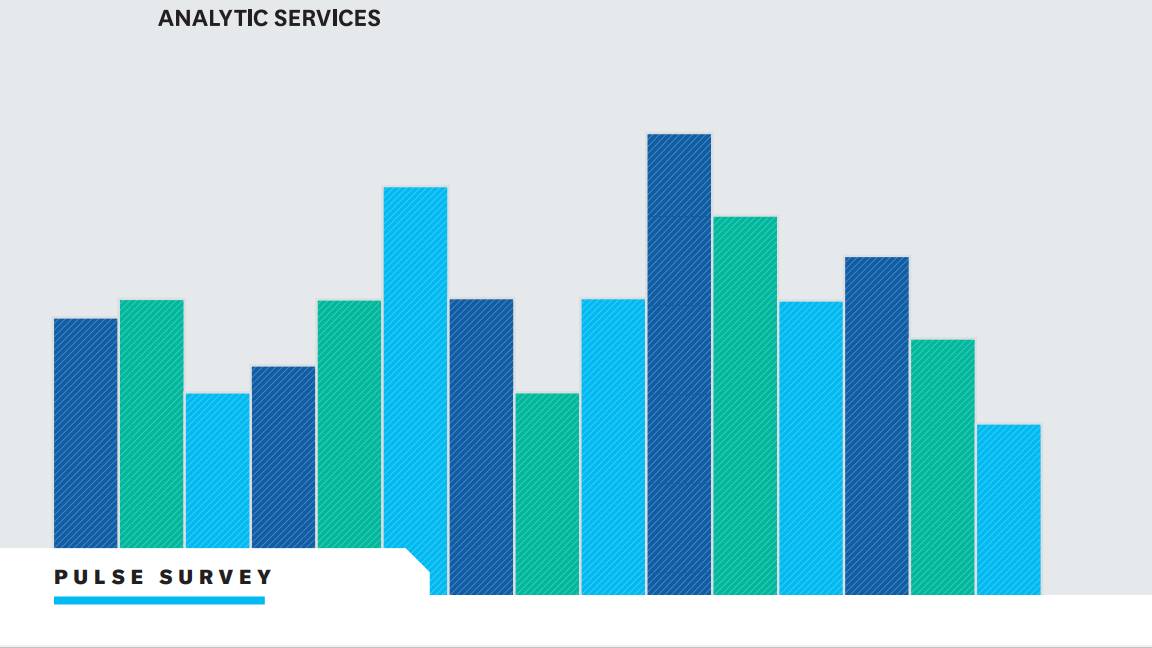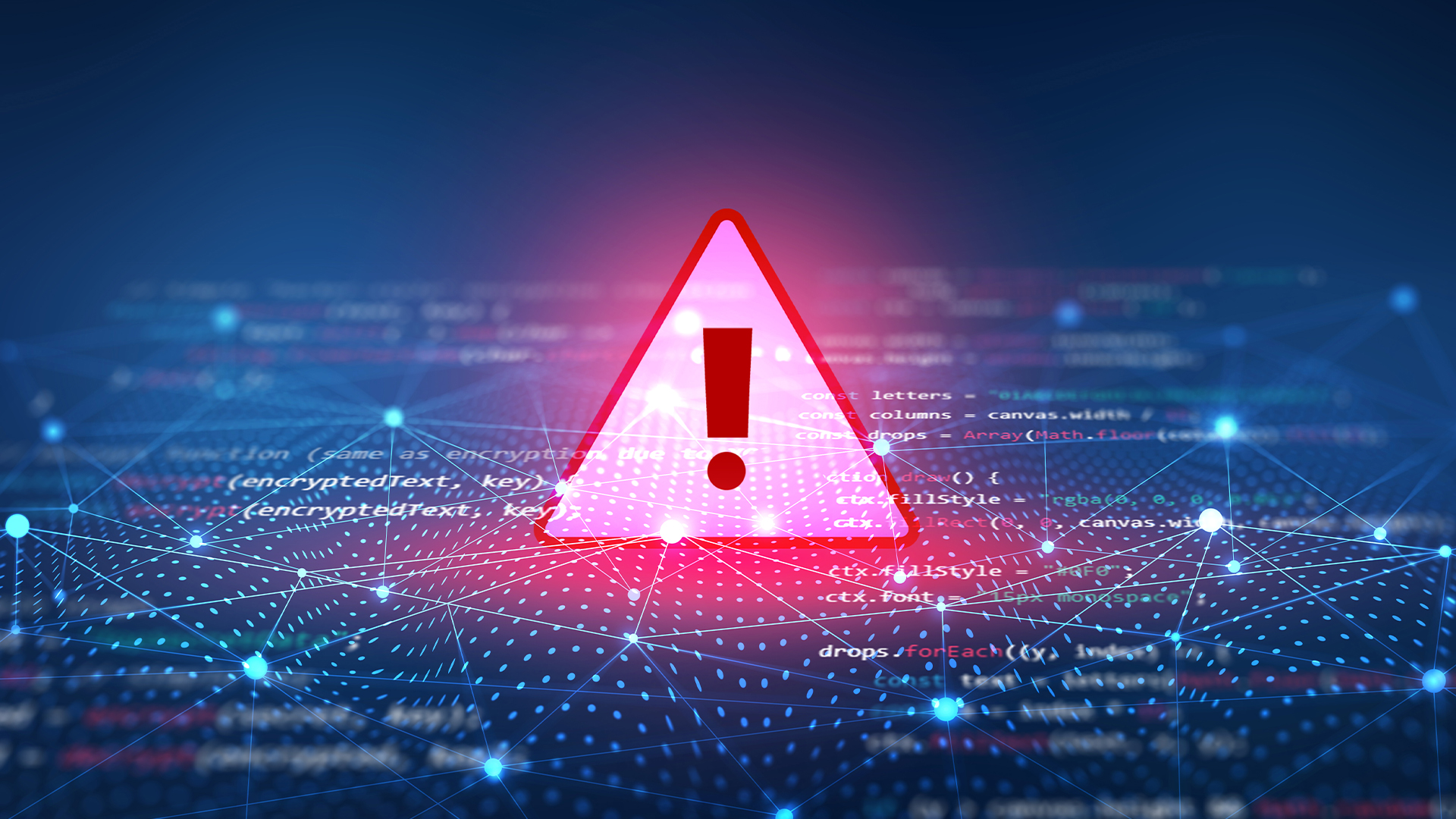Vulnerability management complexity is leaving enterprises at serious risk
Fragmented data and siloed processes mean remediation is taking too long


Sign up today and you will receive a free copy of our Future Focus 2025 report - the leading guidance on AI, cybersecurity and other IT challenges as per 700+ senior executives
You are now subscribed
Your newsletter sign-up was successful
Most organizations are failing to remediate critical vulnerabilities quickly enough, with nearly seven-in-ten saying it takes them more than 24 hours.
According to new research from Swimlane, fragmented data from multiple scanners, siloed risk scoring, and poor cross-team collaboration means organizations are increasingly exposed to breaches, compliance failures, and financial penalties.
Michael Lyborg, CISO at Swimlane, said this confluence of issues and the “growing complexity” of vulnerability management has prompted a widespread rethink of how enterprises approach dangerous flaws.
"It’s no longer just about patching vulnerabilities — it’s about prioritizing the ones that matter most to your operations. With businesses losing an estimated $47,580 per employee each year due to manual tasks, organizations can no longer afford to operate in the reactive mode of the past."
The main reason for failures in prioritization is a lack of context or accurate information, cited by 37%, with 35% saying that's the primary reason for delays in fixing vulnerabilities too.
More than half of organizations still lack a comprehensive system for vulnerability prioritization. And while nearly half (45%) use a hybrid approach combining manual and automated processes for vulnerability detection, seven-in-ten rely on tools like cloud security posture management, and a similar number use web application scanners.
These manual processes are using up significant resources, the study noted, with 57% of security teams dedicating between a quarter and half of their time to vulnerability management operations.
Sign up today and you will receive a free copy of our Future Focus 2025 report - the leading guidance on AI, cybersecurity and other IT challenges as per 700+ senior executives
More than half spend over five hours a week consolidating and normalizing vulnerability data, while a similar number said the limited usefulness of scanner results means they need to use additional tools and processes.
Nearly two-thirds said they weren't confident that their vulnerability management programs can meet regulatory audit requirements, and 73% expressed concern over potential fines.
Similarly, six-in-ten reported that siloed vulnerability management practices are creating inefficiencies and exposing their systems to potential security risks.
"Smarter prioritization and automation are no longer optional — they are essential to reducing vulnerabilities, preventing breaches and ensuring continuous compliance," said Cody Cornell, co-founder and chief strategy officer at Swimlane.
RELATED WHITEPAPER

"By blending intelligent automation with human expertise, vulnerability management teams gain the clarity they need to act decisively. Centralizing data and responding in real-time isn’t a luxury — it’s a business imperative that minimizes risk and frees up time to focus on the next challenge."
Last year, researchers at Black Duck found that the utilities sector was the worst performer in dealing with security flaws, with an average of 876 days to close critical vulnerabilities in medium-sized sites. The education sector was also slow.
Perhaps because of the sector's heavy regulation, healthcare organizations were quicker to act, with an average of 87 days to close critical security vulnerabilities for small sites, 30 days for medium sites, and 20 days for large sites.
Emma Woollacott is a freelance journalist writing for publications including the BBC, Private Eye, Forbes, Raconteur and specialist technology titles.
-
 Salesforce targets telco gains with new agentic AI tools
Salesforce targets telco gains with new agentic AI toolsNews Telecoms operators can draw on an array of pre-built agents to automate and streamline tasks
-
 Four national compute resources launched for cutting-edge science and research
Four national compute resources launched for cutting-edge science and researchNews The new national compute centers will receive a total of £76 million in funding
-
 Security agencies issue warning over critical Cisco Catalyst SD-WAN vulnerability
Security agencies issue warning over critical Cisco Catalyst SD-WAN vulnerabilityNews Threat actors have been exploiting the vulnerability to achieve root access since 2023
-
 Using AI to generate passwords is a terrible idea, experts warn
Using AI to generate passwords is a terrible idea, experts warnNews Researchers have warned the use of AI-generated passwords puts users and businesses at risk
-
 Millions of developers could be impacted by flaws in Visual Studio Code extensions – here's what you need to know and how to protect yourself
Millions of developers could be impacted by flaws in Visual Studio Code extensions – here's what you need to know and how to protect yourselfNews The VS Code vulnerabilities highlight broader IDE security risks, said OX Security
-
 Researchers called on LastPass, Dashlane, and Bitwarden to up defenses after severe flaws put 60 million users at risk – here’s how each company responded
Researchers called on LastPass, Dashlane, and Bitwarden to up defenses after severe flaws put 60 million users at risk – here’s how each company respondedNews Analysts at ETH Zurich called for cryptographic standard improvements after a host of password managers were found lacking
-
 ‘They are able to move fast now’: AI is expanding attack surfaces – and hackers are looking to reap the same rewards as enterprises with the technology
‘They are able to move fast now’: AI is expanding attack surfaces – and hackers are looking to reap the same rewards as enterprises with the technologyNews Potent new malware strains, faster attack times, and the rise of shadow AI are causing havoc
-
 Ransomware gangs are using employee monitoring software as a springboard for cyber attacks
Ransomware gangs are using employee monitoring software as a springboard for cyber attacksNews Two attempted attacks aimed to exploit Net Monitor for Employees Professional and SimpleHelp
-
 CVEs are set to top 50,000 this year, marking a record high – here’s how CISOs and security teams can prepare for a looming onslaught
CVEs are set to top 50,000 this year, marking a record high – here’s how CISOs and security teams can prepare for a looming onslaughtNews While the CVE figures might be daunting, they won't all be relevant to your organization
-
 Microsoft patches six zero-days targeting Windows, Word, and more – here’s what you need to know
Microsoft patches six zero-days targeting Windows, Word, and more – here’s what you need to knowNews Patch Tuesday update targets large number of vulnerabilities already being used by attackers
